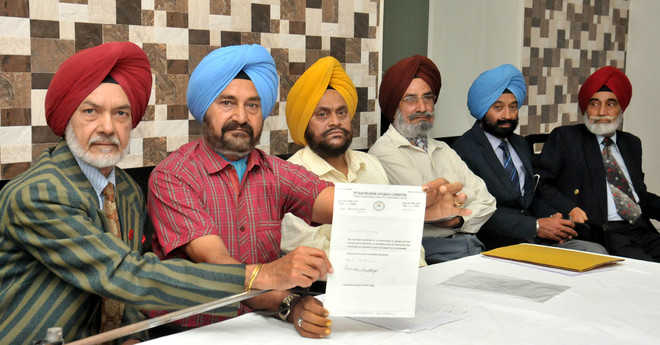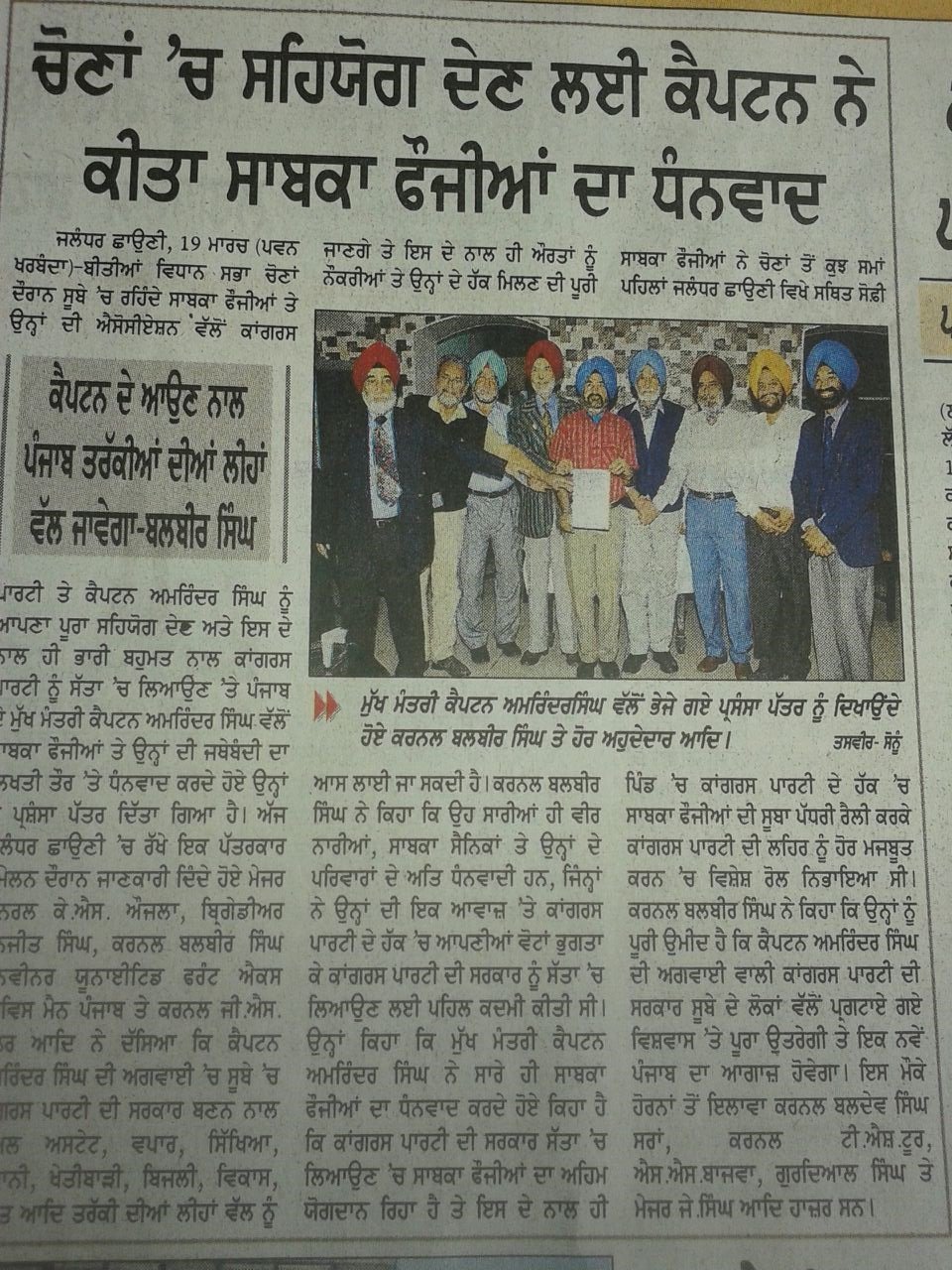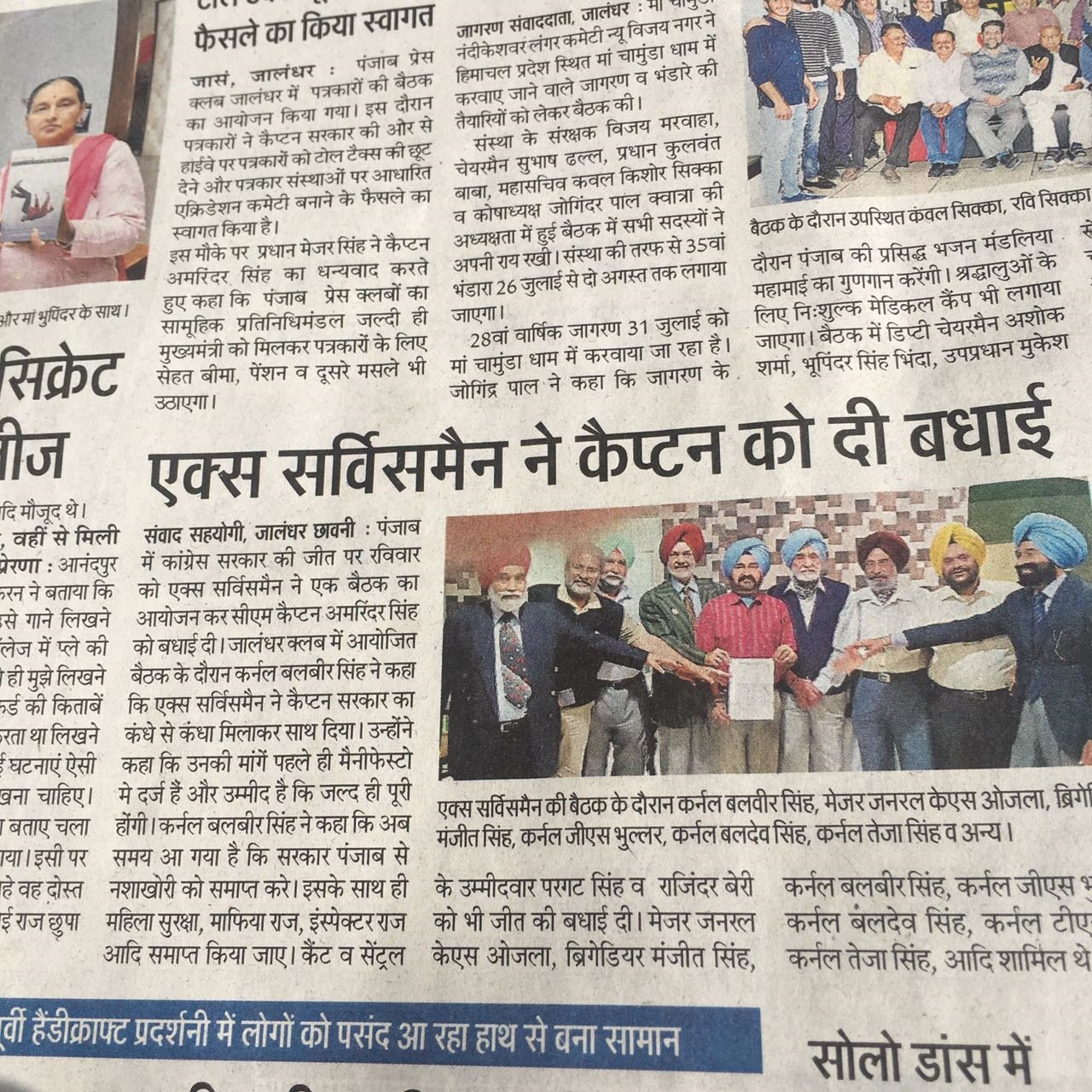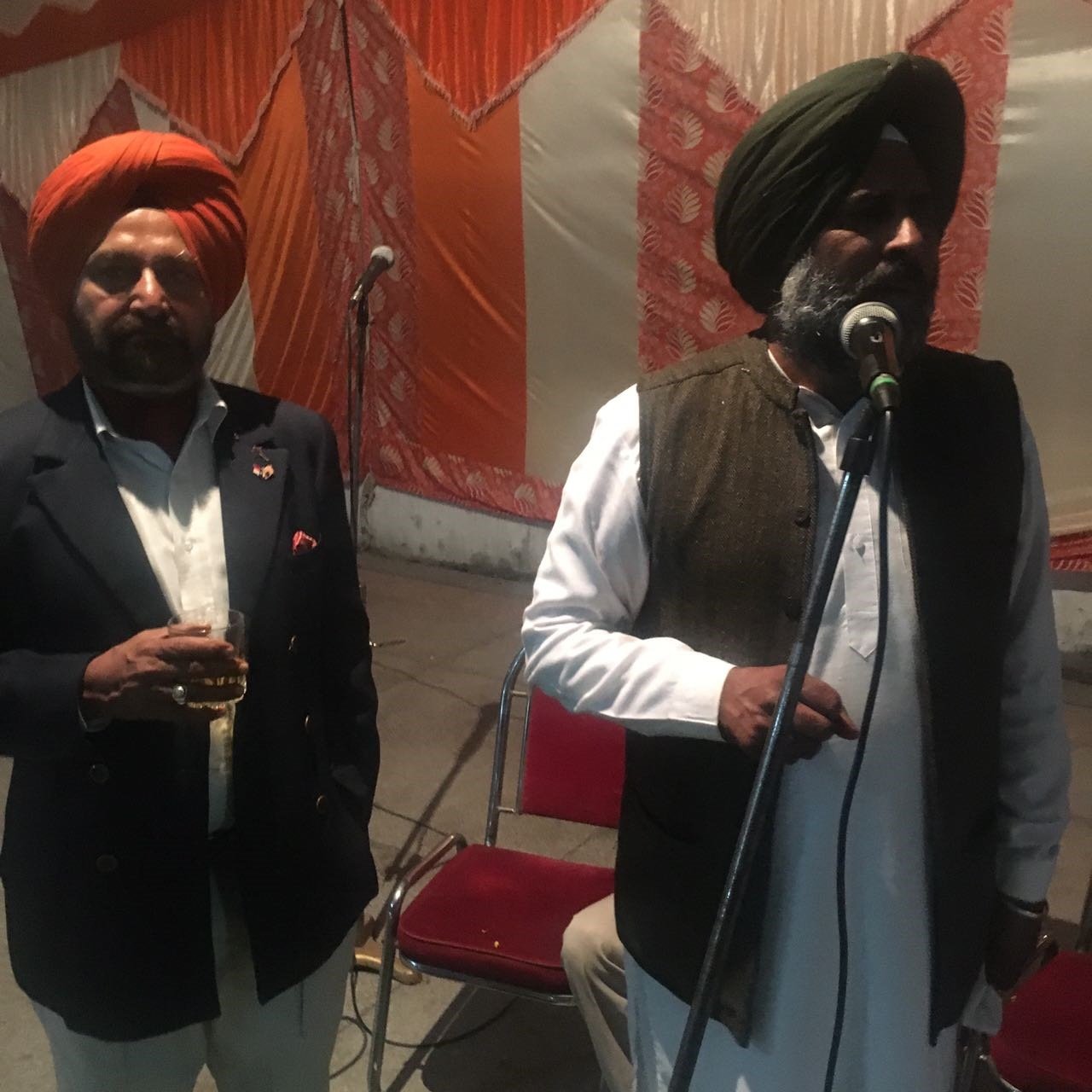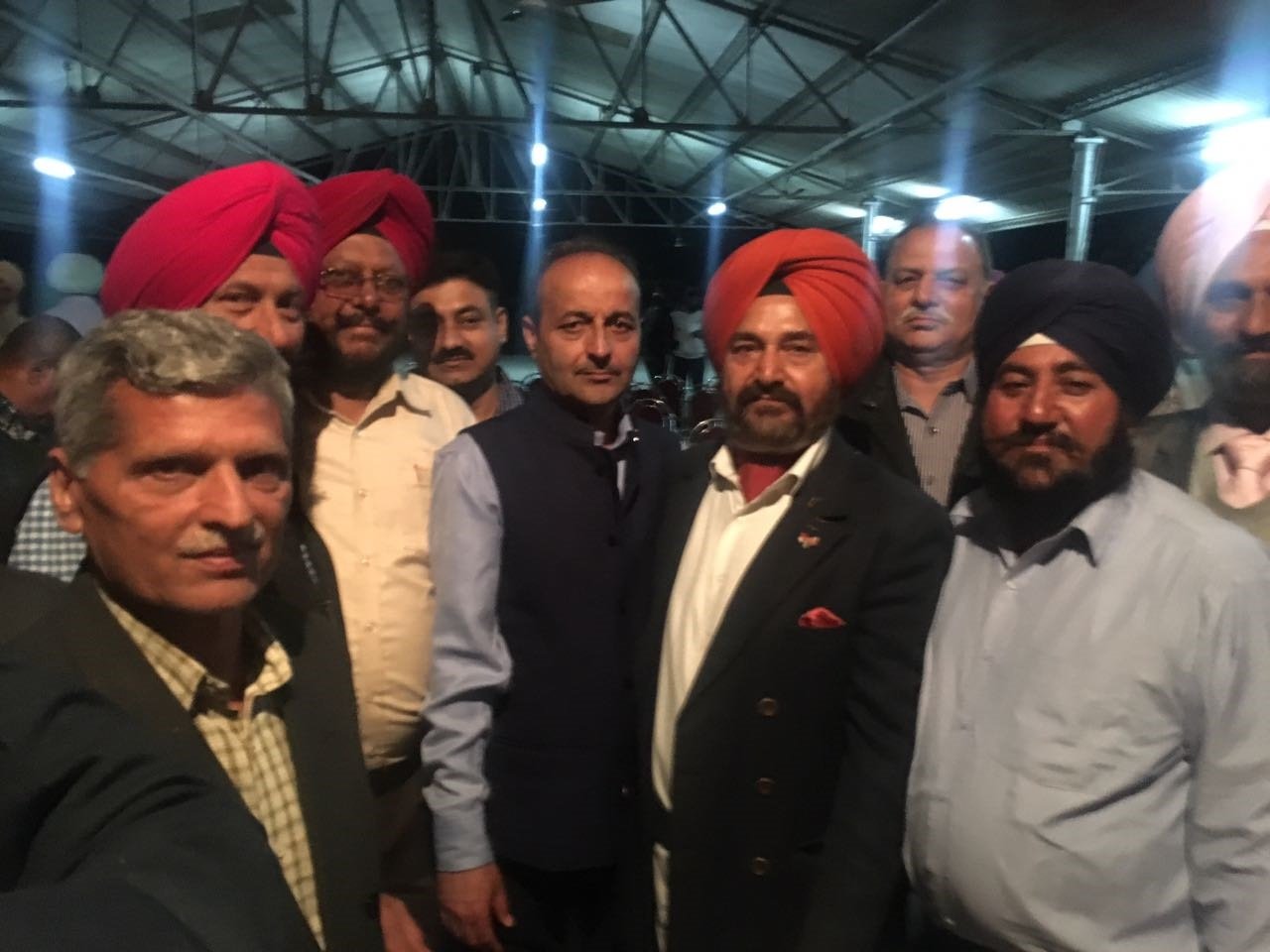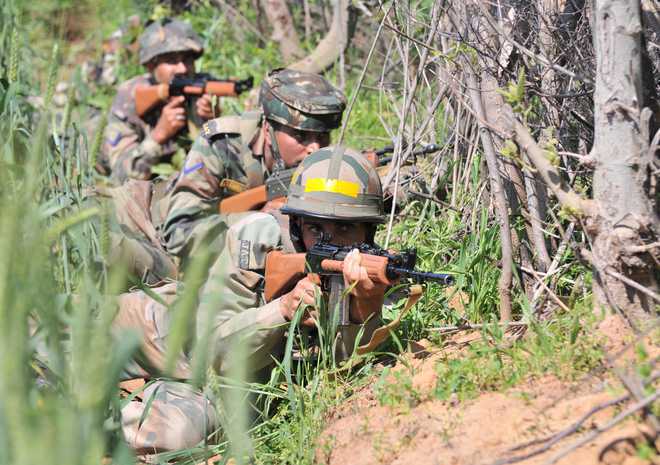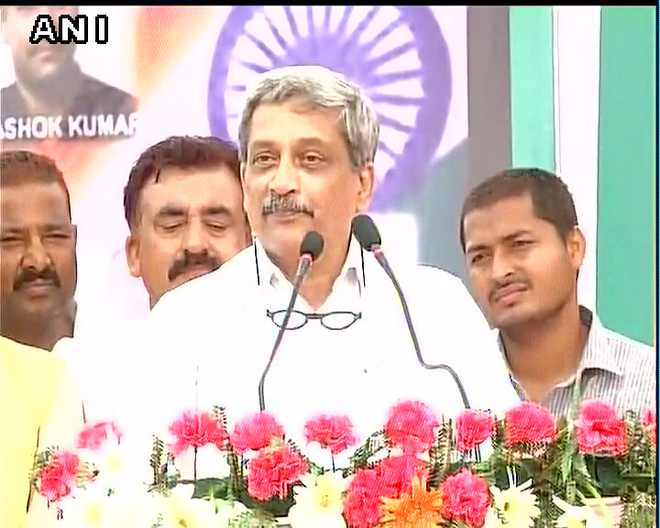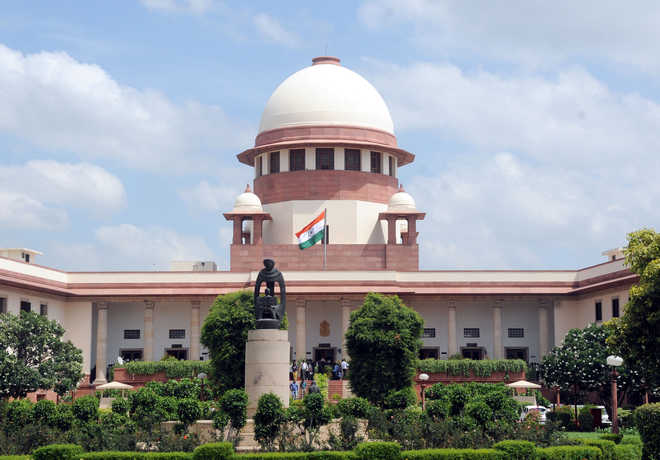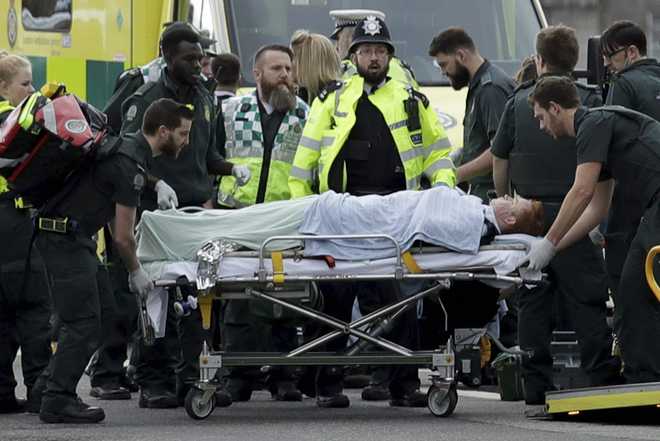
Medical attention being provided to an injured on the south side of Westminster Bridge, close to the Houses of Parliament in London, —PTI
London/Cairo, March 23
Islamic State was responsible for an attack outside Britain’s parliament which left four people dead, the group’s Amaq news agency said on Thursday, even as police arrested seven people in the investigation into a lone-wolf attacker who also injured 40.The attacker was shot dead by police near parliament in London, Britain’s most senior counter-terrorism officer said.
“The perpetrator of the attacks yesterday in front of the British parliament in London is an Islamic State soldier and he carried out the operation in response to calls to target citizens of the coalition,” the Amaq statement said.
Islamic State, which has controlled parts of Iraq and Syria in recent years, has lost territory this year to local forces in those countries supported by a US-led military coalition. (Follow The Tribune on Facebook; and Twitter @thetribunechd)
Mark Rowley, Britain’s most senior counter-terrorism officer, said there were four dead, including the attacker, and 29 people still being treated in hospital, seven of whom were in a critical condition. Police had said on Wednesday that the death toll was five in the worst such attack in Britain since 2005.
“We are not afraid…An act of terrorism tried to silence our democracy, but today we meet as normal,” Prime Minister Theresa May told the packed House of Commons which reopened today with a minute’s silence a day after the attack.“What I can confirm is that the man was British born and that – some years ago – he was once investigated in relation to concerns about violent extremism. He was a peripheral figure,” she told sombre-looking lawmakers.”It is still believed that this attacker acted alone, and the police have no reason to believe there are imminent further attacks on the public. His identity is known to the police and MI5, and when operational considerations allow, he will be publicly identified. Our working assumption is that the attacker was inspired by Islamist ideology,” May said.
The attacker sped across Westminster Bridge in a car, ramming pedestrians along the way, then ran through the gates of the nearby parliament building and stabbed a policeman before he was shot dead.
Authorities have described the attack as a “marauding terrorist incident” and said they were working on the assumption that it was Islamist-related.
Britons have been left shocked by the fact that the attacker was able to cause such mayhem equipped with nothing more sophisticated than a hired car and a knife.
Police believe they know the identity of the attacker but have not named him.
Rowley said police had searched six addresses in London, Birmingham and other parts of the country in their investigation.
“It is still our belief … that this attacker acted alone and was inspired by international terrorism. At this stage we have no specific information about further threats to the public,” Rowley said.
He said there was a mix of nationalities among the dead but gave no details. The victims were the policeman who was stabbed and two members of the public, a woman in her mid-40s and a man in his mid-50s. The fourth dead was the assailant.
Three French high-school students aged 15 or 16, who were on a school trip to London with fellow students from Brittany, were among the injured.
French Foreign Minister Jean-Marc Ayrault was expected to arrive in London to visit them at hospital, French media reported.
There were also five South Koreans among the injured, South Korea’s foreign ministry said in Seoul.
Leave.EU, a group that has campaigned for immigration to be severely restrained as part of Britain’s exit from the European Union, accused mainstream politicians of facilitating acts of terror by failing to secure borders.
“We are sick, tired but perhaps even more so we are angry that recent governments across Europe have enabled these attacks through grossly negligible policies that have left us vulnerable,” the group said in a statement.
In France, far-right presidential candidate Marine Le Pen also drew a link, saying that events in London highlighted the importance of protecting national borders and stepping up security measures. — Reuters
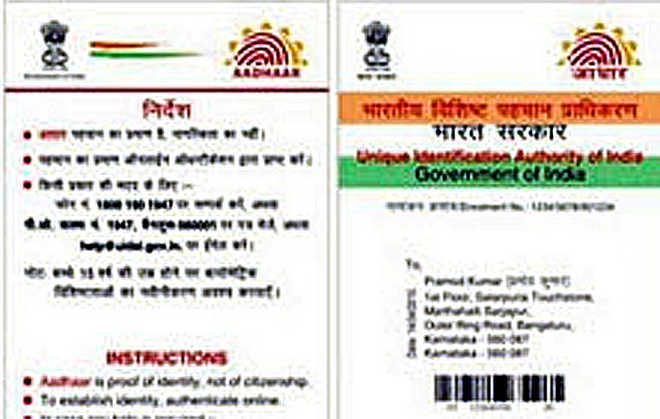





















































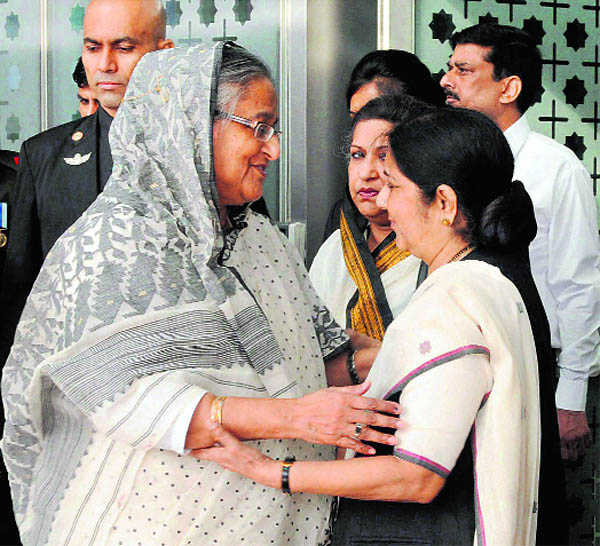

 HT PHOTO
HT PHOTO